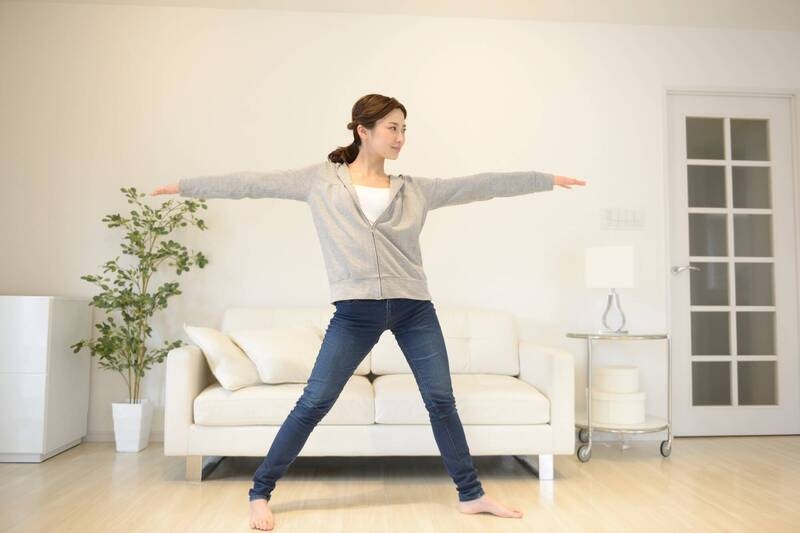During the Lunar New Year, staying at home increases the likelihood of sitting for long periods. Be aware that prolonged sitting may cause lower body weight gain or back pain, and may also lead to poor blood circulation, raising the risk of cardiovascular or cerebrovascular diseases.
Assistant Professor Yung-Chih Chen of the Department of Physical Education and Sport Sciences at National Taiwan Normal University recommends Breaking Sitting Time – breaking up long sitting periods, by standing and walking around for 2 to 3 minutes every 20 to 30 minutes, to reduce post-meal blood sugar, insulin, and blood lipid levels.
During the Lunar New Year, people often sit for long chats with friends, binge-watch shows, or play cards. In addition to watching one’s diet, people should be cautious of unintentionally becoming couch potatoes or part of the sedentary population. Professor Chen says “breaking sitting time” is an effective method to avoid the negative effects of prolonged sitting.
Chen explains that long periods of sitting with little movement, especially when combined with a lack of regular exercise, can result in elevated pre-meal and post-meal blood sugar and insulin levels. High blood sugar increases the risk of cardiovascular disease and diabetes.
Based on research trends over the past 10 years and recent findings from NTNU, breaking sitting time with short bouts of physical activity has shown significant benefits in reducing post-meal blood sugar, insulin, and triglyceride levels.
Professor Chen notes that compared to exercising continuously for 20 to 30 minutes, breaking it into shorter units through intermittent activity is a more manageable exercise volume for most people.
Don’t underestimate the value of these short units of time. Incorporating short activities—even without equipment—such as bodyweight exercises (like squats), brisk walking, or simple stretches, for just 2 to 3 minutes at a time and 20 to 30 minutes in total of daily activities of body, can be pretty beneficial to health.
Besides, family gatherings during the New Year often involve staying up late. Professor Chen also indicates that reduced sleep duration and poorer sleep quality can immediately affect the body’s ability to regulate blood sugar, leading to worse post-meal glucose control. Therefore, incorporating exercise to help stabilize post-meal blood sugar if under such conditions.
Professor Chen warns that sitting for long periods not only leads to weight gain, but also increases the risk of diabetes and cardiovascular diseases.
If people can develop the habit of breaking sitting time and incorporate physical activity, they can gradually accumulate health benefits—just like gathering sand to build a tower.
Source: Reprinted from Liberty Times / Report by: Chang Wei-Chen / Edited by: Hu Shih-Tse
(English Version Powered by ChatGPT, Edited by Serena H.)

臺師大體育與運動科學系助理教授陳勇志建議,藉由中斷久坐搭配每20至30分鐘起身走動2到3分鐘,以降低餐後血糖、胰島素和血脂等。示意圖。(圖取自photoAC)